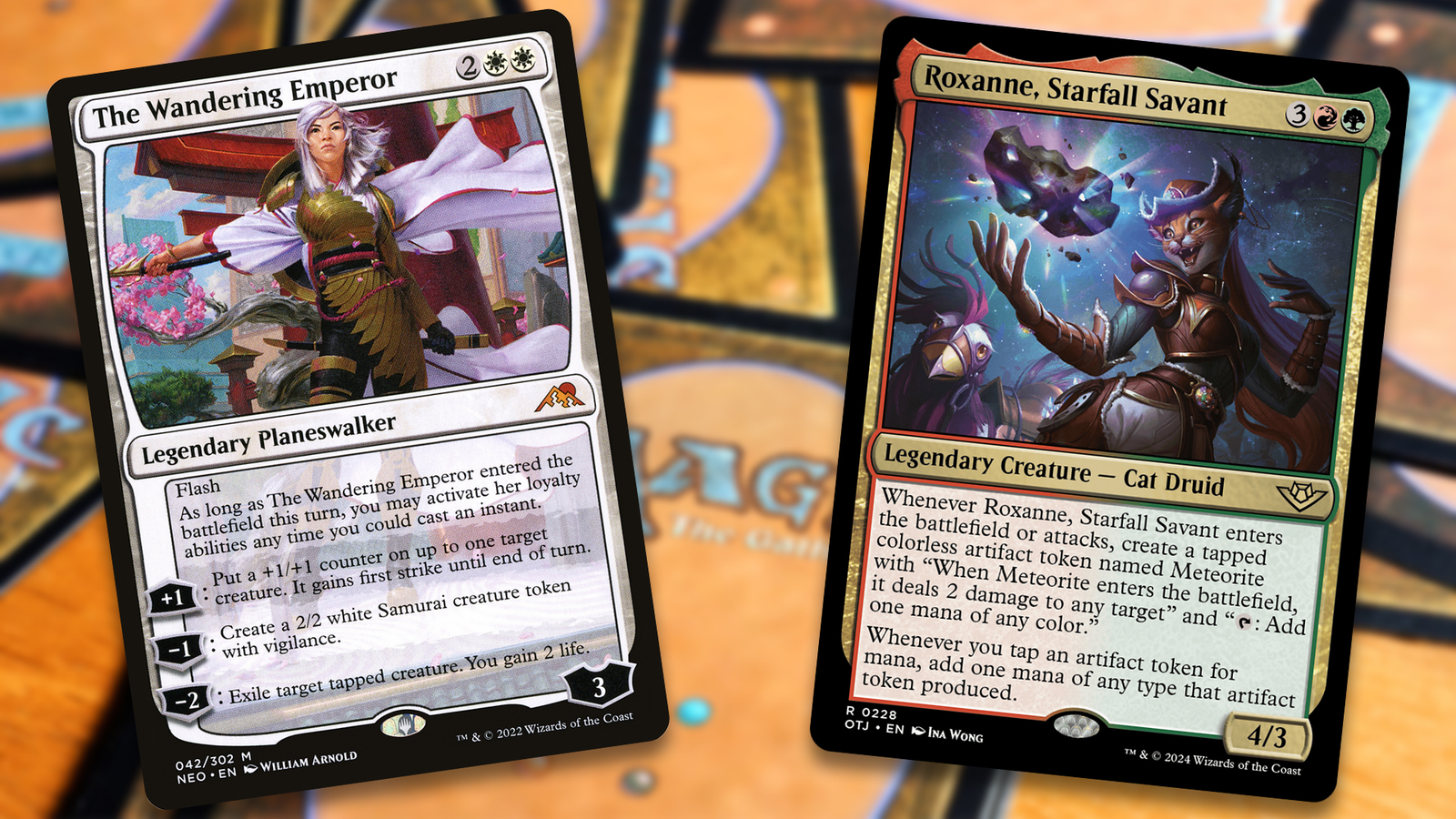Edifice Militant Edh Decks With Hurt Combos
- sarcastic_guy
- 0
- Posted on

Building a competitive EDH(Elder Dragon Highlander) deck involves more than just selecting your favorite card game and creating a fun theme. To prosper in a aggressive , especially against experient players, understanding how to integrate efficient combos into your deck is material. Smart combos, when well-timed and dead, can dramatically elevate the superpowe of your deck, pushing it past the mere synergies of your soul card game. However, the key lies in selecting combos that are operational without being overly taken for granted or too easily noncontinuous. The elegance of a good jazz group is in its shade, as well as its power to win without requiring excessive frame-up or being a direct for the rest of the defer mtg decks.
To begin with, one must consider the core principles of EDH singleton initialise, 100-card decks, and multiplayer kinetics. EDH is not a format where raw speed up or dominates. Instead, the goal is to find ways to overreach your opponents with long-term strategies, unpredictability, and versatility. Combos, then, should complement these strategies without touch sensation like they predominate the deck’s overall subject. There is a balance between a deck being uniform enough to combos and flexible enough to allow for adaptability during the sporadic course of a multiplayer game. If a deck is too heavily reliant on a jazz group, it risks protein folding when that jazz band is disrupted, creating a scenario where the deck is ineffective to go expeditiously.
The first step in incorporating combos into an EDH deck is to focus on versatility. A good jazz band doesn’t require all of your resources to function; rather, it should run in with other synergies and strategies. Take, for example, the combination of Basalt Monolith and Power Artifact. This combo generates infinite colorless mana, which, depending on the deck, can be used to fuel a variety show of win conditions, whether it’s molding a game-ending write or activation an set up. It s not an barefaced jazz group at first glint but, once proven, it becomes a virile squeeze that can win the game. This combo is operational because it doesn’t rely on too particular cards or flimsy interactions, meaning it’s harder for your opponents to previse or disrupt.
Another world-shaking thoughtfulness when edifice a competitive EDH deck is the ability to recover from a failing jazz band. Ideally, you want a deck that can go even if the jazz group doesn’t come together. This substance that, beyond just collecting the pieces, the deck should be able to hold its run aground in terms of room front and long-term strategy. Ad Nauseam and Angel’s Grace, for example, can be used to put together a fatal surprise jazz band, but if the surprise doesn’t go off, the deck still has a solid state game plan well-stacked around card advantage and room . The power to transition between different strategies keeps opponents shot, making it harder for them to promise your moves and prepare accordingly.
In aggressive EDH, timing and politics also play vital roles in executing combos effectively. A combo is more chanceful if your opponents don’t see it climax, and often, the best time to pull off a combo is when you ve subtly manipulated the room submit to make it appear as if you’re not a threat. This requires a sense of timing and sympathy the ebb and flow of the hold over. A well-timed combo can win you the game without ever qualification you the target of the entire hold over. Players will often observe refinemen, as a deck that plays under the radar is typically a more unreliable one.
Additionally, it s fundamental to keep the remit s great power rase in mind. A competitive EDH is diverse, with decks ranging from to a great extent optimized to more casual builds. As a leave, not every combo will be proper in every aggroup. Some combos are too right or too fast for certain playgroups, so it s wise to underestimate the superpowe tear down of your deck and insure that your combos are not resistless for the initialise you re performin in. This poise is material because an to a fault strong-growing jazz group scheme can alienate other players and make a less enjoyable game for everyone encumbered.
In conclusion, building militant EDH decks with hurt combos involves a deep understanding of the initialize’s nuances and the grandness of versatility, timing, and political sympathies. The best combos are not needfully the most axiomatic or the most right; rather, they are those that fit seamlessly into the deck s broader strategy and can win the game while being ungovernable to interrupt. Smart combos allow you to outplay your opponents by capitalizing on synergies and exploiting vulnerabilities, all while odd flexible enough to deal with whatever the game throws at you.
